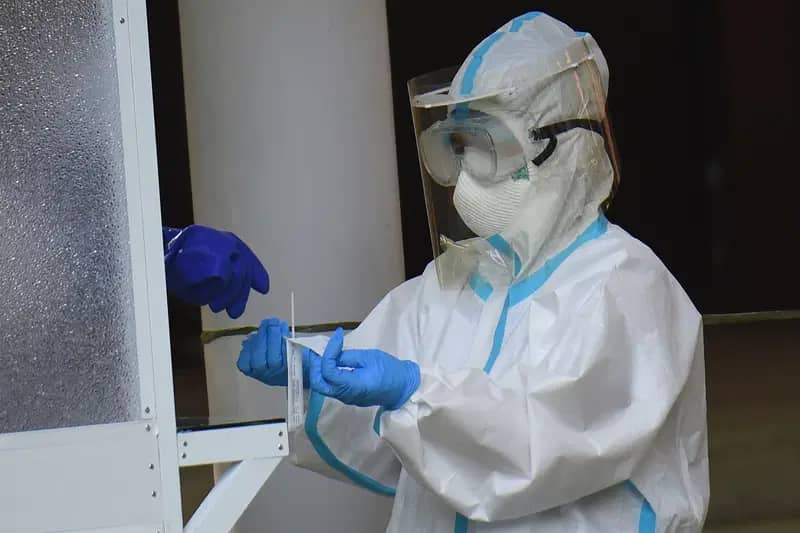The Geneva Learning Foundation (TGLF), in collaboration with the RBM Partnership to End Malaria (RBM), has announced its move to empower community health workers to tackle the malaria surge globally.
The initiative aims to improve the role of community health workers with a platform to impact knowledge of fighting against malaria in burden countries like Nigeria by using the approach Teach to Reach 11.
Also, the initiative seeks to ensure that local experiences influence global actions.
The programme, Teach to Reach 11, is scheduled to hold from December 5-6, 2024, and will focus on local health workers in malaria-prone areas.
In order to make sure that global goals align with local realities and the experiences of frontline workers, pre-event insights will be used to help establish the agenda for a special malaria event on December 10, 2024.
Despite the fact that malaria is still a serious health concern, particularly in Africa and Asia, 80% of the experts involved operate at the district and facility levels. Regardless of advancements, health systems continue to face difficulties.
On 29 November, Vanguard reported that the partnership will prioritize gathering and promoting the perspectives of local health experts who assess the various factors affecting malaria in their regions.
The TGLF’s Teach to Reach initiative, in partnership with the RBM Partnership to End Malaria, is connecting over 60,000 community-based health workers in a peer-learning network to combat malaria.
The focus is on empowering local health workers who understand the unique challenges in their communities.
Michael Adelunle Charles, CEO of RBM Partnership, stated that to end malaria requires empowering frontline health workers.
Adding that the partnership ensures their insights shape global strategies toward elimination.
Reda Sadki, Executive Director of TGLF, added, “Health workers’ leadership is vital for locally-driven, effective malaria responses. Together, we aim to amplify their knowledge and actions.”
Public health specialist Obiageli Victoria Okeke from Abuja, Nigeria, emphasised the disease’s impact, noting they lost her niece to malaria, describing malaria as a huge challenge.



